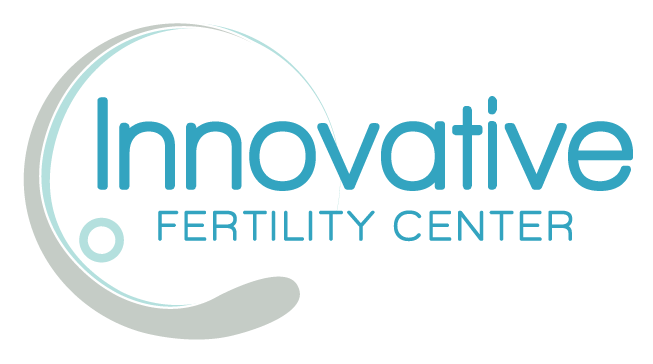IVF After Tubal Ligation
IVF after tubal ligation provides an alternative to tubal reversal
Some women who pursue tubal ligation end up changing their mind and wanting to have children later. If you decide you want to conceive after undergoing this form of permanent birth control, you have options. When patients have questions about tubal reversal, our Manhattan Beach fertility doctor often suggests that they consider IVF after tubal ligation instead.
Why isn’t a tubal reversal always the best option?
You may have heard about women who became mothers after a tubal reversal, but many factors influence whether the procedure will be successful.
- Age
- Body mass index (BMI)
- Type of tubal ligation procedure
- Remaining length of the fallopian tubes
- Extent of damage to the fallopian tubes
- Presence of any other male or female fertility issues
A tubal reversal is more likely to be successful if you still have a large and healthy portion of your fallopian tubes and are under 35. Additionally, tubal ligation using clips or rings is easier to reverse than procedures performed using electrocautery (burning).
However, even if you’re young and healthy, there’s no guarantee that you’ll conceive after a tubal reversal. This can be very discouraging, especially because insurance often doesn’t cover this costly procedure.
Our Manhattan Beach fertility doctor doesn’t want you to lose hope though. IVF after tubal ligation provides a highly effective alternative to tubal reversal.
What does IVF after tubal ligation look like?
When used as a treatment to conceive after tubal ligation, in vitro fertilization (IVF) generally produces high pregnancy success rates. However, your likelihood of conceiving will depend largely on your age and underlying fertility. Your doctor will review your medical history and perform diagnostic testing to determine if IVF is right for you.
If our Manhattan Beach fertility doctor determines that IVF after tubal ligation will be a good option, your treatment will involve these basic steps.
- You will take fertility medications to stimulate the production of multiple eggs.
- Your doctor will perform an egg retrieval procedure while you’re under sedation.
- Our embryologists will fertilize your eggs in the IVF laboratory.
- Your doctor will transfer one healthy embryo to your uterus.
- Our team will monitor you for signs of pregnancy after your embryo transfer.
If you’re looking to conceive after undergoing tubal ligation, contact us to schedule a consultation at Innovative Fertility Center. Our team will help you determine whether IVF can help you welcome a healthy baby.
- IUI & IVF
- Intrauterine Insemination, or IUI
- Sperm Prep for IUI
- Candidates for IVF
- IVF for Single Motherhood
- IVF After Tubal Ligation
- Should I Consider IVF?
- In Vitro Fertilization, IVF
- IVF Consultation
- IVF Process
- Egg Retrieval
- Embryo Transfer
- Intracytoplasmic Sperm Injection
- IVF Success Rates
- Preimplantation Genetic Diagnosis & Screening
- PGS
- PGT-M
- Failed IVF Cycles
- IUI & IVF
- Intrauterine Insemination, or IUI
- Sperm Prep for IUI
- Candidates for IVF
- IVF for Single Motherhood
- IVF After Tubal Ligation
- Should I Consider IVF?
- In Vitro Fertilization, IVF
- IVF Consultation
- IVF Process
- Egg Retrieval
- Embryo Transfer
- Intracytoplasmic Sperm Injection
- IVF Success Rates
- Preimplantation Genetic Diagnosis & Screening
- PGS
- PGT-M
- Failed IVF Cycles
